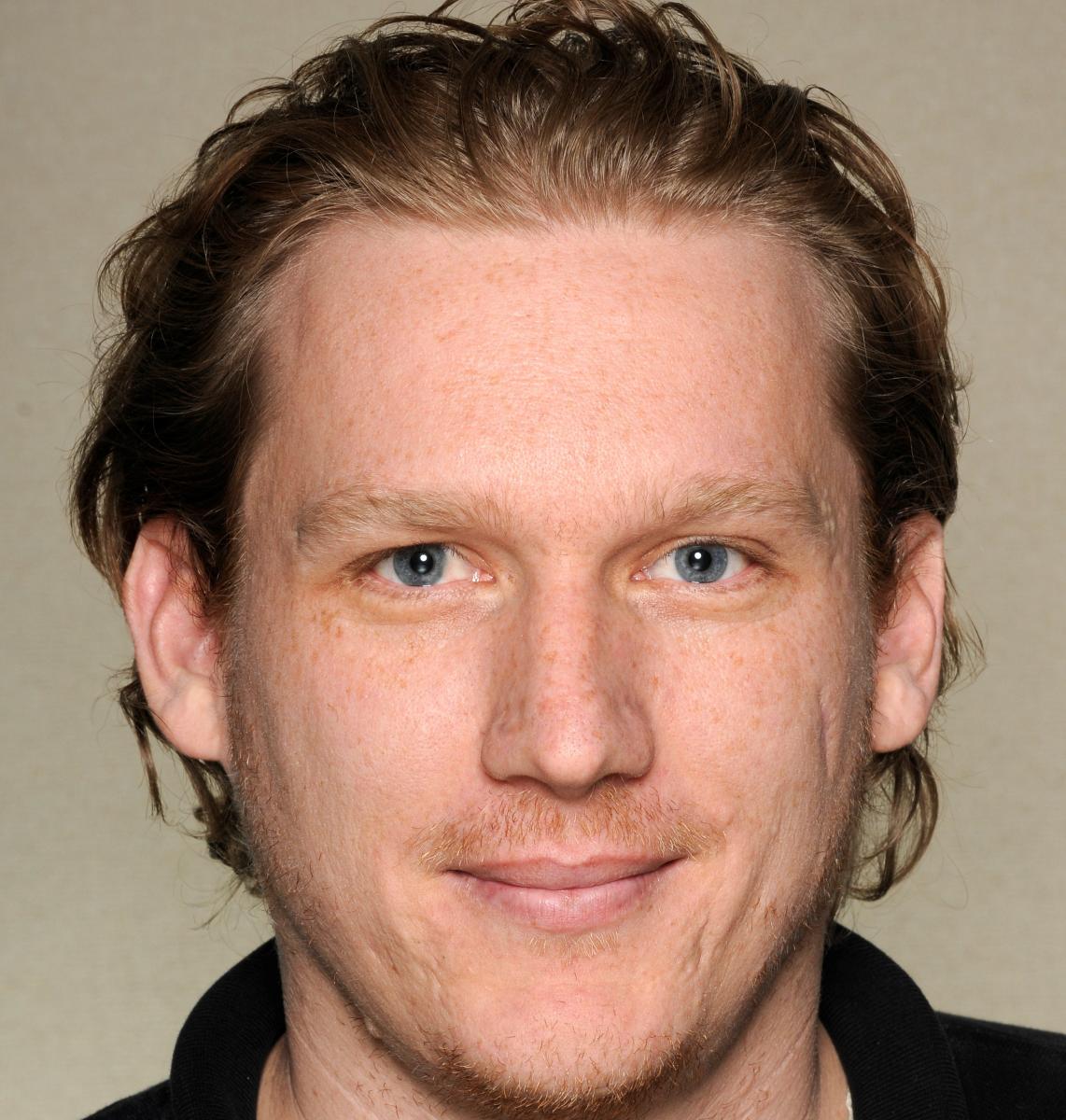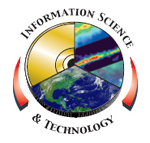
Please Note: The content on this page is not maintained after the colloquium event is completed. As such, some links may no longer be functional.
Jay M. Gambetta
IBM Quantum Computer
Wednesday, October 11, 2017
Bldg. 8 / Auditorium – 11:00 AM
(Cookies available at 10:30 AM)
For many years researchers in quantum information science have made a steady progress with proof-of-principle experiments demonstrating basic building blocks of future quantum computers. Theoretical tools have been developed for understanding how such devices might work in the future. With the advent of modest-sized quantum computers such as the IBM Q experience, the field is in the midst of a realignment towards a new era of quantum computing technology. We have entered an era with quantum computing becoming a technology. It is our view that the only viable path in the long term is universal fault-tolerant quantum computing. However, to determine if this is possible and to find value in quantum computing before fault-tolerance is available, we foresee an approaching horizon of approximate quantum computing. In this talk I will give some examples of what I mean by approximate quantum computing and outline some of the challenges ahead.
Jay Gambetta is a quantum information scientist researching in the field of quantum information and computation. He joined IBM in 2011 and is now the manager of the Theory of Quantum Computing and Information group. At IBM he has contributed to the work on quantum validation techniques such as randomize benchmarking and gate set tomography, quantum codes, improved gates and coherence, near term applications of quantum computing, the IBM Quantum Experience and QISKit. In 2014 was named a Fellow of the American Physical Society, nominated by the topical Group of Quantum Information and is a Senior member of the IEEE. He holds a doctorate in physics from Griffith University Australia and has over 100 publications with more than 10000 citations in field of quantum information science.
IS&T Colloquium Committee Host: Craig Pelissier
Sign language interpreter upon request: 301-286-7040
